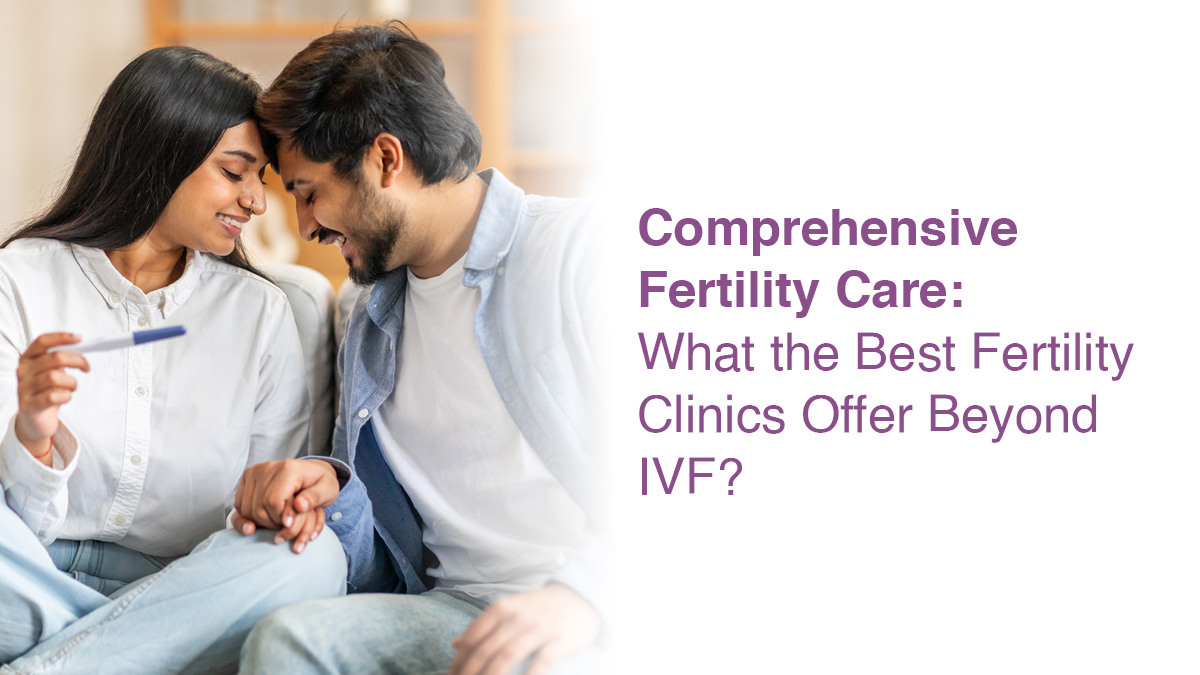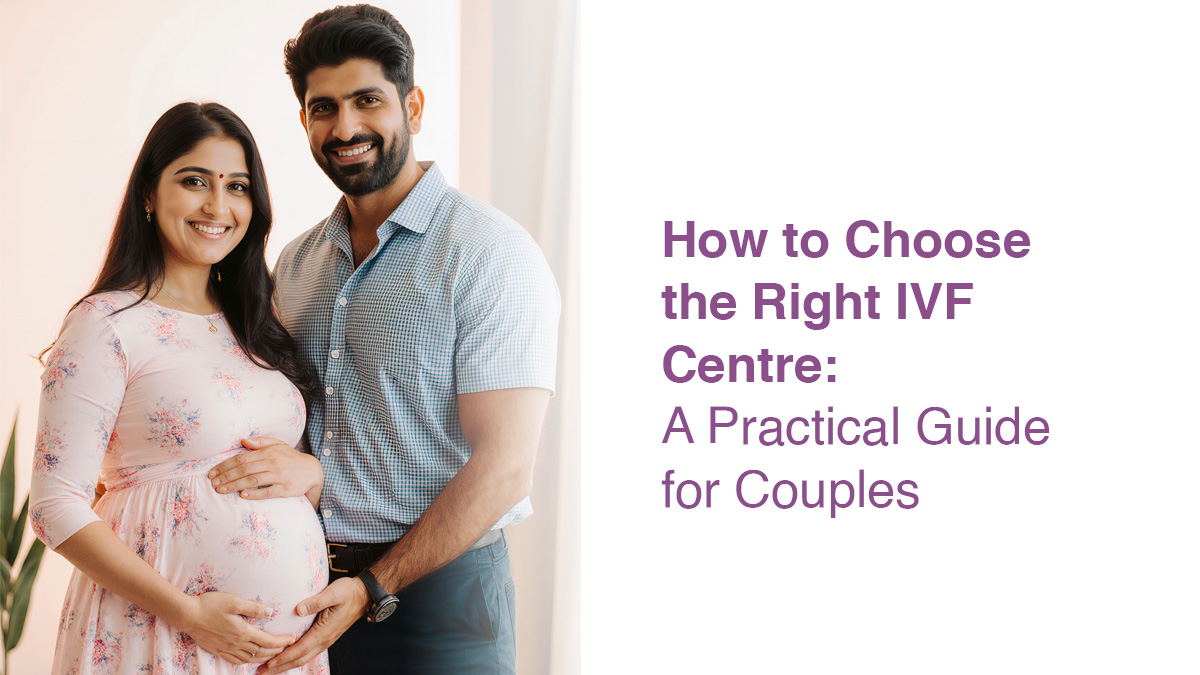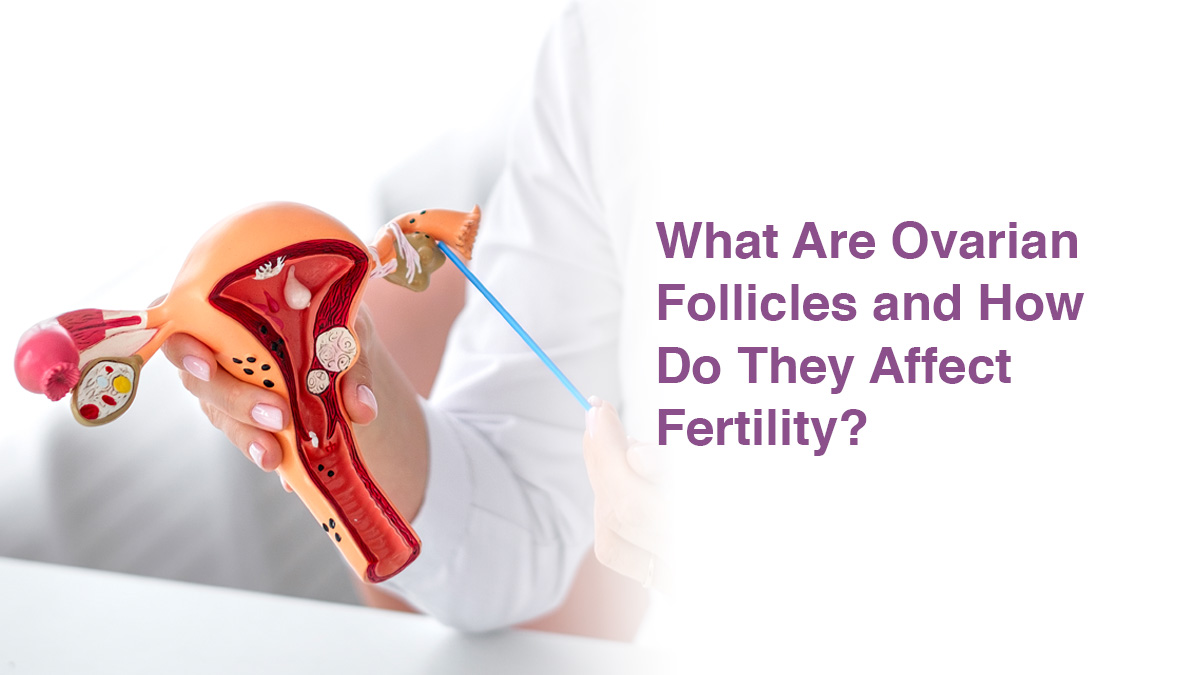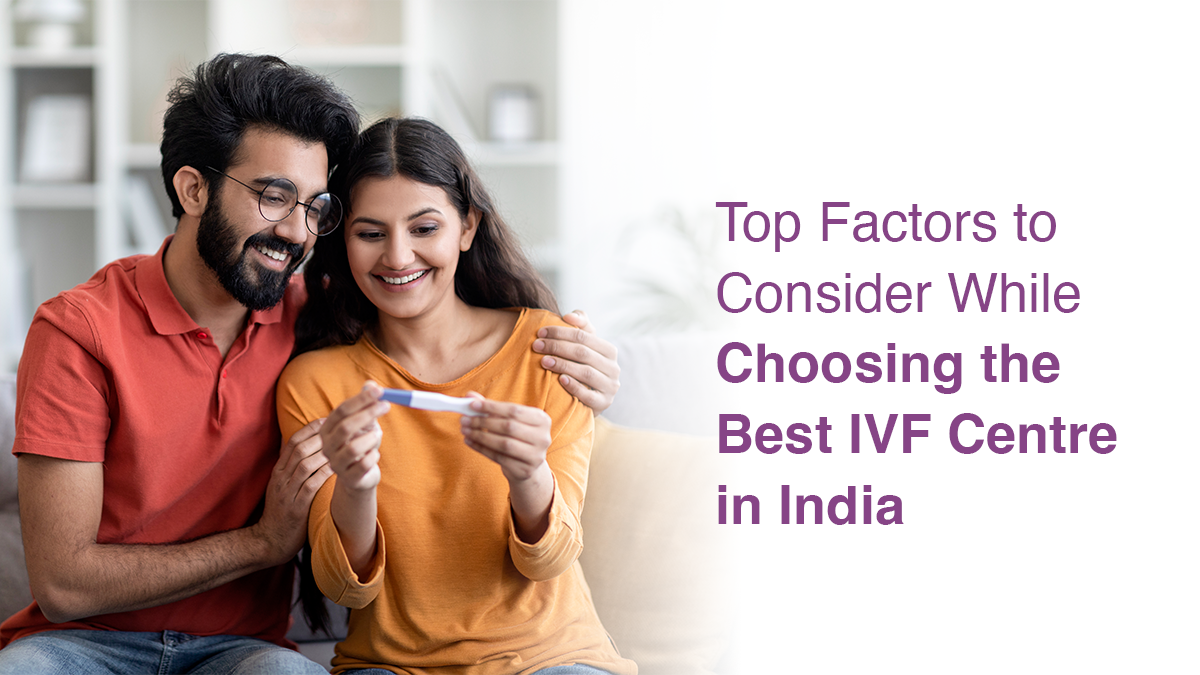
Choosing the Right Infertility Treatment
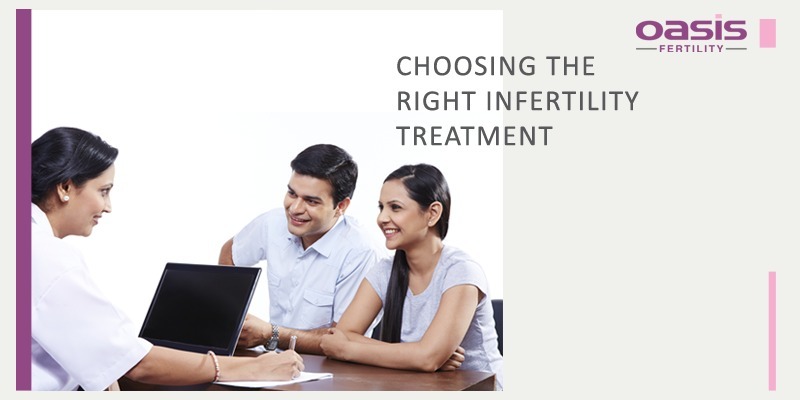
Choosing the right infertility treatment
If you have been having unprotected sex for over a year and still cannot get pregnant, chances are that you may have fertility issues. You are not alone. One in seven couples suffers from some form of infertility issue globally. If you have been trying for a baby unsuccessfully for over a year, it might be best if you talk to a fertility expert. If you are a woman over 35 years of age or are aware that you may have fertility problems, meet the fertility expert after six months of trying to conceive unsuccessfully.
Infertility Treatments
The infertility treatments available today include-
- Medical treatments or drugs to treat the lack of ovulation or irregular ovulation.
- Surgical procedures that treat endometriosis, fibroids, removal of tubal blockages or the repair of fallopian tubes, and the removal of scarring in the womb and abdominal cavity.
- Assisted conception methods like IUI and IVF.
The choice of infertility treatments depend on the following criteria-
-
- Type of infertility
There are two types of infertility.
Primary infertility- When someone who has never conceived has difficulty in getting pregnant.
Secondary infertility- When someone who already has one or more children is having trouble getting pregnant again.
-
- Cause of Infertility
The choice of the treatment will depend heavily on the cause of infertility.
For example, a woman who has a blocked fallopian tube as the reason for her infertility may need surgical intervention and a woman whose hormonal abnormalities are responsible for her infertility may correct the issue with drugs prescribed by her fertility expert.
-
- Age
Some fertility treatments can result in better success for certain age group than the other. For example, only oral drugs may work well for younger women but they might not be sufficient for women of advanced age who might need a high dose of injectable drugs too for ovarian stimulation.
-
- Health
In patients with pre-existing medical conditions the fertility treatment may need to be individualized keeping the health and safety of the patient in mind.
-
- Expenses
Some fertility treatments can be expensive. For many couples, the cost of infertility treatment plays an important part in choosing the one that is right for them.
-
- Success Rates
Different fertility treatments have different rates of success. Most couples wish to go for the treatment with the highest success rate also keeping the other decisive factors in mind.
Which fertility treatment might be the best one for you?
Here is a quick overview of the fertility treatments that have the best success rates. This will help you get a feel of what might be the right one for you. Talk to your fertility expert at Oasis Fertility to get a deeper idea of the options you have and make an informed decision before you embark on your journey towards fertility.
-
- Intrauterine insemination (IUI)
AI is a process where the sperm of the male can be placed inside the woman’s reproductive tract when she ovulates so that conception takes place. If the woman has regular ovulation, she will not need fertility drugs. But if she has ovulation issues, she may have to undergo ovulation induction with fertility drugs.
In IUI, the sperm is placed into the womb with a catheter. This improves the chances of conception.
Who is this treatment for Couples who have low sperm motility, homosexual couples who wish to use a surrogate, single women who wish to become mothers using a donor, couples who have unexplained infertility issues, where the male partner has azoospermia i.e. no sperms in ejaculate and the couple decide to opt for artificial insemination using donor sperm due to financial constraints. It is essential that the female partner has at least one patent fallopian tube for IUI to be considered as a treatment option.
Success rates- Up to 15-20% for women under 40 years of age.
Side effects- No side effects except those induced by the drugs used to treat ovulation disorders.
-
- In Vitro Fertilization (IVF)
In IVF, the egg and the sperm are fertilized outside the body in the fertility clinic. One or more of the fertilized eggs can be transferred into the womb to implant and grow into a successful pregnancy.
Who is this treatment for- If repeated IUIs haven’t been successful if the woman has fallopian tube blockages, women with ovulation problems, women with low ovarian reserve, poor egg quality, polycystic ovarian syndrome not responding to simpler treatments, severe endometriosis or if the male partner has subnormal semen parameters.
Success rates- Success rates are as high as 50% in women under 35, 38 to 40% for a woman from 35 to 40% and under 4% for women older than 42.
Side effects- The hormone injections can lead to side effects. The process of extracting eggs and implanting the embryos can be invasive too. If you end up with twins or multiples, the chances of complications also multiply.
-
- Natural Cycle IVF
In Natural cycle IVF, you bypass the hormone injections given to help multiple eggs grow. The doctor will keep an eye on the natural cycle of the woman and will extract the mature egg before it is about to ovulate. The rest of the process will be similar to IVF.
Who is this treatment for- If the female partner gets regular menses and OI and IUI have not worked but the couple is against subjecting their bodies to hormones or if she has an extremely poor ovarian reserve.
Success Rate- 20 to 25%
Side Effects- Lesser side effects than the usual IVF treatment.
-
- Fertility Drugs
Fertility drugs are prescribed for ovulation disorders. They can also be given at the start of an IVF cycle. Most drugs work by stimulating or suppressing certain hormones to help regularize ovulation.
Who is this treatment for- women with ovulation issues like PCOS, to enable OI and increase success rate of IUI.
Success rates- The success rates depend on the drugs prescribed.
Side effects- Bloating, headache, nausea, breast tenderness, mood swings. Hormone injections can also cause a rare complication called ovarian hyperstimulation syndrome. Fertility drugs can also increase the risk of twins and multiples.


fill up the form to get a
Free Consultation
Avail 0% interest on EMI
All Procedures | No Upper Limit
How we reviewed this article:
- Current Version
- April 9, 2021 by ShootOrder
- April 8, 2021 by ShootOrder
